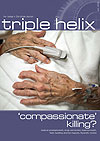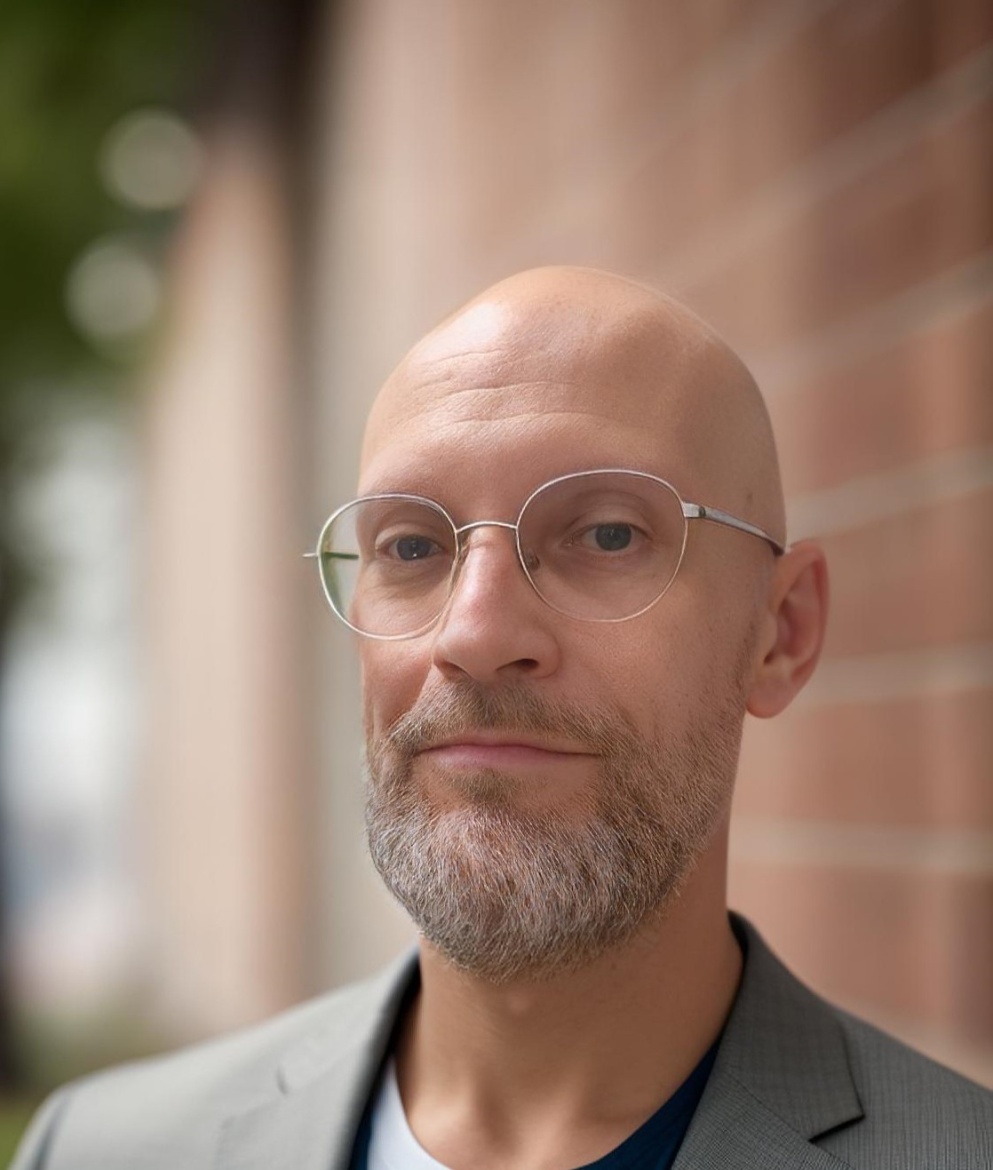A high profile campaign was launched in February to levy a 0.05% tax on all major bank transactions (currency trading, share dealing, derivatives, etc). This would raise tens or even hundreds of billions towards international development, supporting poorer nations in reducing carbon emissions, and sustaining UK public services in health, education and social care. (1)
Endorsed by the inevitable celebrities, the 'Robin Hood Tax' campaign drew equally inevitable derision from bloggers and commentators, (2) many seeming to think, mistakenly, it was a tax on ordinary banking and currency exchange. (3) Maybe calling it a 'Robin Hood' tax played to popular sentiments on both sides of the ideological divide, and the attempt by some bankers to hijack a web poll only added fuel to the fire! (4)
But almost all the economic counterarguments (that it would increase market volatility, push costs on to the consumer, not raise as much money as suggested, and only work if every major economy instituted it) have fallen somewhat flat, (5) with Nobel Laureate economist Joseph Stiglitz coming out squarely in favour. (6) Meanwhile most major economies (including the EU and the US) seem to be considering something like this, (7) and even senior economists and bankers are suggesting this, or something like it, is an idea whose time has come (8) provided we get it right. (9)
This Triple Helix concludes the series on the three health-related Millennium Development Goals. While throwing money at maternal health or HIV/AIDS won't solve all the problems, targeted financial aid can and does help. And as we look at the long term problems of caring for a growing elderly population here in the UK and funding an increasingly high-tech NHS, a new source of revenue, from the very banks and trading floors that created our current economic woes, has a strong sense not only of practicality, but also of justice. This is why CMF is supporting this campaign.
The scriptures remind us that those who have wealth and power are held accountable to God for how they use it, and are enjoined to help the poor and the vulnerable. (10)
































